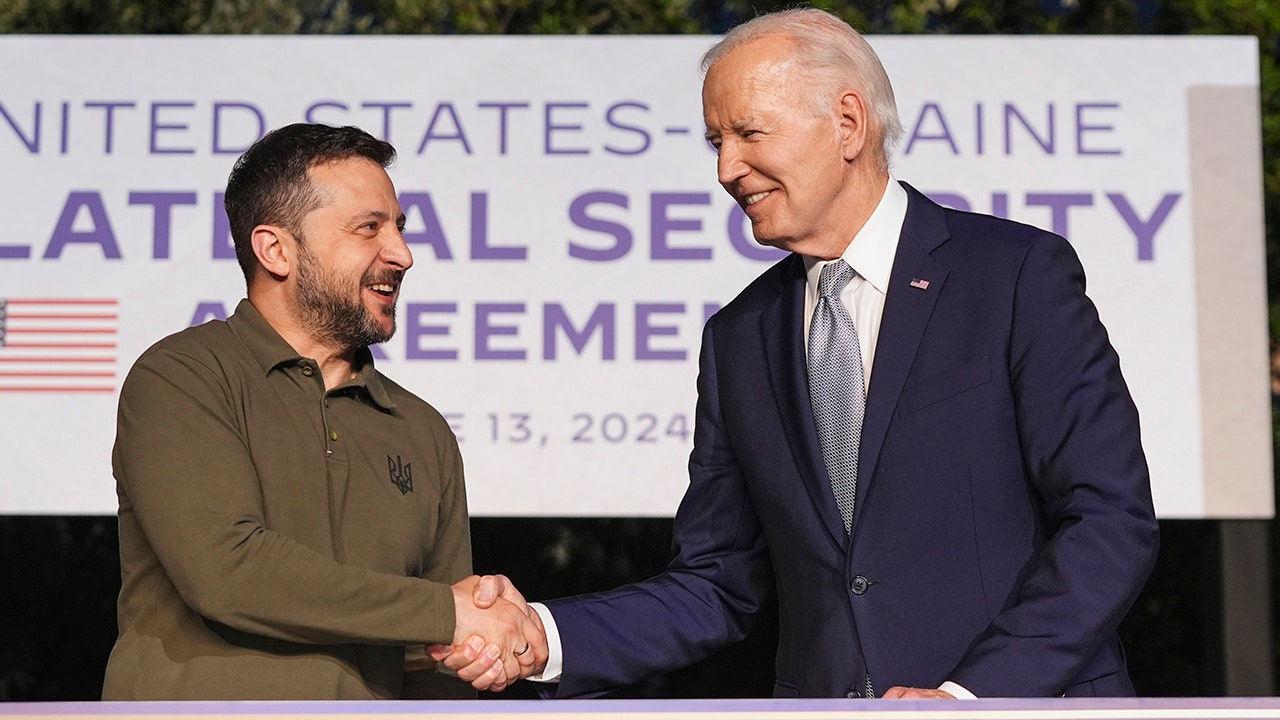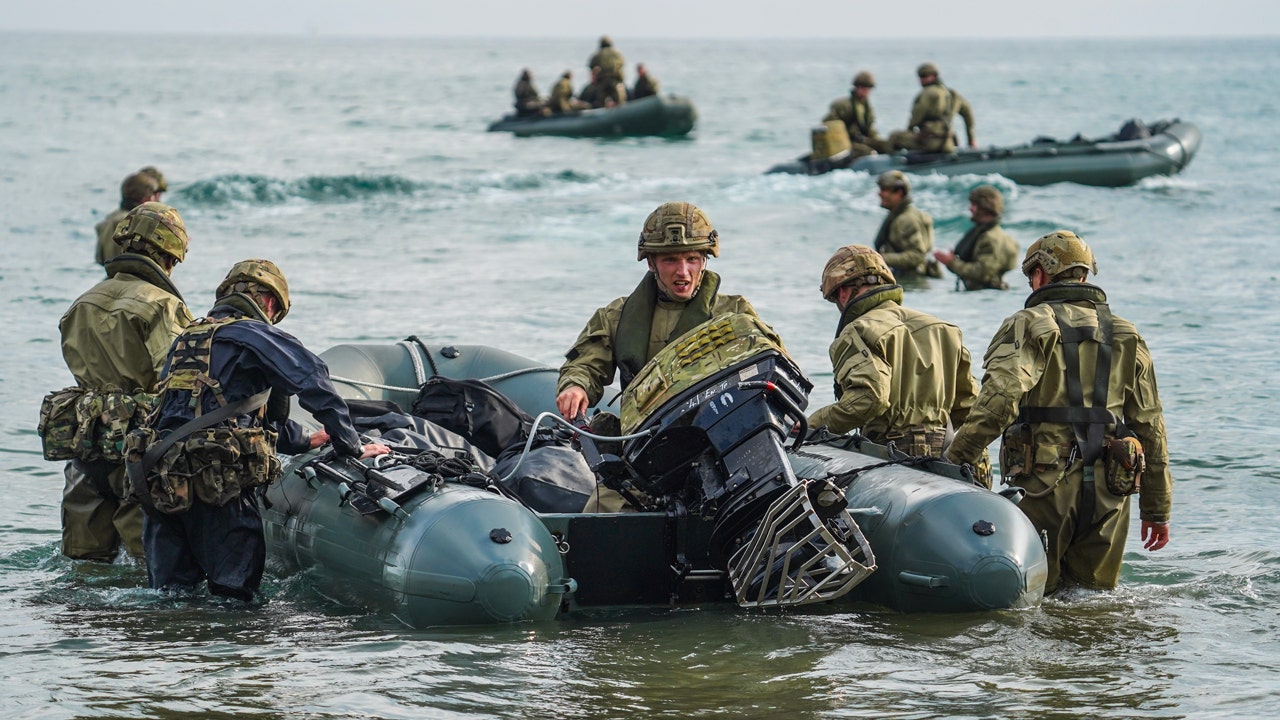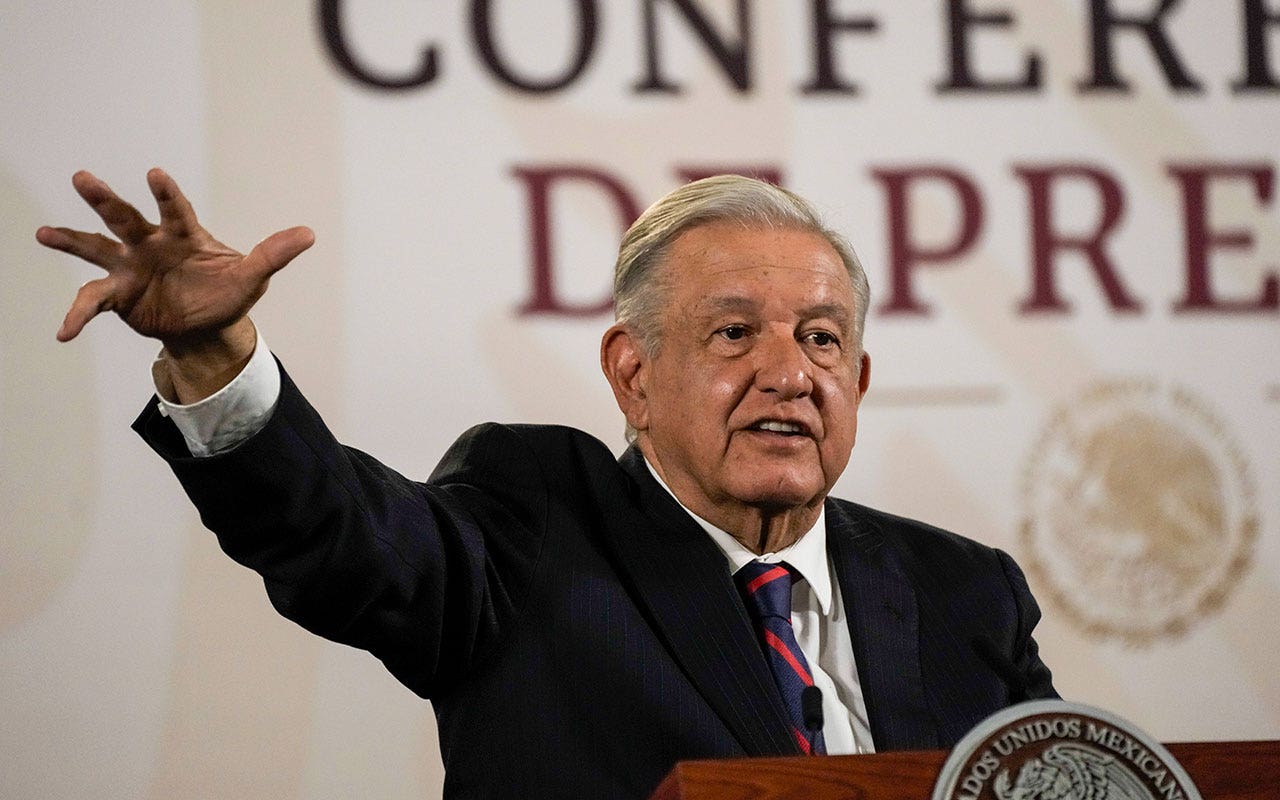Sameh Shoukry, Egypt’s foreign minister, quickly pushed back, saying that the crossing was still closed because of Israel’s control over it, and because its military operations were putting truck drivers and aid workers in danger. In a statement from the Egyptian Foreign Ministry, Mr. Shoukry rejected what he described as “the policy of twisting facts.”
Israeli officials rarely make public criticisms of Egypt, with which Israel maintains a decades-old peace treaty and sensitive security cooperation.
Defying international pressure, Israel launched a limited invasion of Rafah on May 6, taking over areas in the east. Even if trucks were allowed to pass through the Rafah crossing, it was not clear if they could safely navigate through eastern Rafah, where Israeli forces have been fighting Hamas militants.
Israel recently opened two new routes for aid trucks to enter northern Gaza directly.
“We’re also seeing real progress in the north, where more is coming through,” Mr. Blinken said. “But what we don’t want to see is a situation where we basically reverse what’s happened in recent months.”
The Rafah crossing is not the only choke point for aid. Since the Israeli incursion into Rafah, only a small number of trucks have made it through Kerem Shalom, a nearby crossing between Israel and Gaza. Palestinians workers evacuated the crossing before the arrival of Israeli forces, according to Wael Abu Omar, a spokesman for the Palestinian side of the crossing.
Israel has asked the Palestinian Authority to send its employees to help run the crossing, but not in their official capacity, said two Palestinian officials, who spoke on the condition of anonymity to discuss messages exchanged between Israeli and Palestinian authorities.
The authority’s leadership swiftly rejected the proposal, said the officials.
Mahmoud al-Habbash, a religious affairs advise to Mahmoud Abbas, the president of the authority, said that Israel needed to withdraw from the crossing before Palestinian Authority employees would take responsibility for operating it.
“How can we work with Israeli tanks there?” he asked in an interview. “In terms of principle, that’s unacceptable, not to mention the fact that would be dangerous for Palestinians.”
The Ramallah-based Palestinian leadership, Mr. al-Habbash said, would also need to be reassured that the return of the authority to the Rafah crossing was part of a broader effort to reintegrate the governing body back into Gaza.
“We don’t reject steps being taken one after another, but it must be known that the Rafah crossing is part of Gaza, and a solution for the Rafah crossing is part of the solution for Gaza, and the solution for Gaza is part of the solution for all parts of the Palestinian state,” he said.
In public statements, Prime Minister Benjamin Netanyahu has all but ruled out the authority returning to Gaza, a prospect supported by the United States.
Aaron Boxerman contributed reporting.






